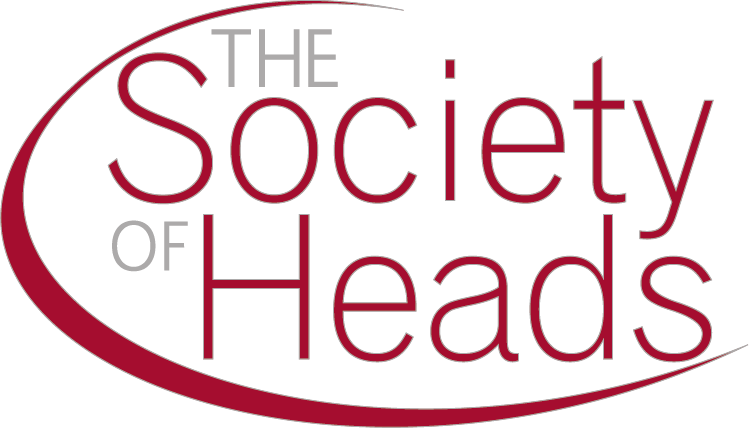KS1 & KS2
Key Stage 1 covers Years 1 and 2 (ages 5-7)
Key Stage 2 covers Years 3 to 6 (ages 7-11)
At all stages of education at Saint Christina’s, we take pride in taking the lead in providing an outstanding future-facing education for our children, preparing them for all stages of their life journey by giving them a broad and relevant set of skills to meet the future demands of a complex, competitive society.
Our provision for children in Years 1 to 6 is distinctive for a number of reasons:
- The rich curriculum we offer, promoting intellectual global curiosity and achievement at all stages
- Our co-educational culture ensures there are no barriers to learning
- Our first-class STEM offering, which includes: an outstanding Science and Maths programme; competitions benchmarking the children against their cohort nationally; learning about construction; robotics; coding; building a Formula 1 racing car
- Our Intellectual Curiosity Programme injects awe and wonder into learning and allows for the development of academic stretch and independence
- Our facilities and resources: Large outdoor play and learning spaces, Science Room, ICT Suite, iPads and Chrome books across the School, Art and Dance Halls and easy and frequent access to Primrose Hill, London Zoo and Regent’s Park for both Sport, Science and Forest School.
- Our well-resourced Library
- Our children gain places at highly sought-after senior schools despite the fact we are non-selective
The Curriculum
At Saint Christina’s, we offer a dynamic and forward-thinking curriculum that nurtures children’s critical thinking skills and prepares them to be independent learners, global citizens, and well-rounded individuals. Our approach encourages children to explore a wide range of subjects, challenge their thinking, and develop a sense of curiosity that stays with them throughout their educational journey.
English
At Saint Christina’s success in English is the foundation for success in all subjects. Our English curriculum provides children with a rich variety of experiences, from reading diverse genres to engaging in creative writing, grammar, and speaking and listening activities. The well-resourced library supports the children in developing a love of reading, while drama and poetry sessions allow them to express themselves creatively. By fostering a deeper understanding of language and storytelling, we empower children to communicate effectively and confidently in all areas of life.
In Key Stage 1, children are introduced to the key principles of reading and writing, laying a solid foundation for literacy. Through engaging storytelling, phonics instruction, and early writing exercises, children develop essential skills that will serve them throughout their educational journey. These early experiences help children appreciate the power of language, which is essential for both academic and personal growth.
As children progress into Key Stage 2, the English curriculum builds on this foundation with increasingly complex challenges. In Year 4, the children undertake weekly independent research projects, where they explore a range of topics and present their findings to the class. This not only enhances their research skills but also boosts their confidence in speaking and listening, as they learn to communicate their ideas clearly and persuasively.
In Year 5 and 6, the children engage in current affairs discussions, linking the study of English to real-world events. This helps to develop critical thinking skills and encourages the children to stay informed about the world around them. The inclusion of persuasive debates in Year 6 allows children to build their ability to argue a point of view with evidence, reasoning, and respect for differing opinions. These activities promote active listening, articulate speech, and the development of persuasive language, which are invaluable skills both in and outside of the classroom.
Mathematics
Mathematics is an integral part of our curriculum, providing children with the tools to understand and explore the world logically. We create an engaging learning environment where children not only learn mathematical concepts but also apply them to real-world problems. Our approach emphasises problem-solving and critical thinking, and the children are given opportunities to explore mathematical ideas through investigations and challenges. They are encouraged to appreciate the relevance of Mathematics, from number theory to geometry, while engaging in national competitions like the Primary Mathematics Challenge and the UKMT Challenges.
Religious Education
At Saint Christina’s, Religious Education is rooted in both knowledge and compassion, guided by the principles of Catholic Social Teaching. Our curriculum explores core Christian teachings, including the life and parables of Jesus, while also fostering an understanding of diverse religious traditions. Through this, children develop empathy, respect for others, and a strong moral compass. Religious Education extends beyond the classroom, encouraging children to put their faith into action through service and charity work, nurturing a sense of global responsibility and a commitment to building a just and united society.
STEM (Science, Technology, Engineering, Mathematics)
Our STEM curriculum is designed to foster intellectual curiosity and spark children’s interest in Science, Technology, Engineering, and Mathematics through hands-on learning experiences. Whether building robots in extra-curricular clubs, exploring physics through Formula 1 car designs, or investigating the natural world, the children gain a practical understanding of these subjects. We work hard to integrate real-world applications with academic learning, preparing children to think critically and creatively as they engage in problem-solving and innovation. Our STEM offerings, combined with national competitions and projects, challenge children to push their boundaries and gain a deeper understanding of how these disciplines shape the world around them.
Science
At Saint Christina’s, Science is all about exploring the world through investigation and discovery. Our well-equipped Science lab allows children to engage in practical, hands-on experiments that bring the subject to life. Whether learning about Biology, Chemistry, or Physics, children are encouraged to think critically about scientific phenomena and develop the skills needed to conduct investigations, test hypotheses, and draw conclusions. Regular field trips and visits from scientists further enhance their learning, allowing them to see real-world science in action and inspire future scientific exploration.
Philosophy
Philosophy at Saint Christina’s encourages children to think critically, reflect deeply, and engage with big questions about life, ethics, and the world around them. Each week, children tackle "sticky questions" that challenge their thinking and prompt thoughtful discussion. Through exploration and dialogue, children develop skills in reasoning, open-mindedness, and empathy. Philosophy helps children build self-awareness and a deeper understanding of their own beliefs and those of others.
Computing
Computing plays a vital role in preparing children for the future, and we ensure our curriculum gives them the skills needed to thrive in a technology-driven world. From coding and robotics to digital design, the children are equipped with the knowledge to understand and create technology, not just use it. The emphasis on problem-solving and innovation ensures that children learn to think critically about the digital world, while participating in competitions like the Bebras Coding Challenge fosters creativity and computational thinking. Our modern ICT suite and access to a variety of online resources support a rich learning experience in computing.
Art / Design and Technology
Art and Design and Technology are essential for fostering creativity and problem-solving skills in children. At Saint Christina’s, we encourage children to explore their ideas, express themselves, and develop their design and making abilities. Whether creating sculptures with our resident artist or designing and building projects, the children are given opportunities to work with a variety of materials and techniques. We promote collaboration and independent thinking in these subjects, helping children to develop practical skills while also inspiring their imagination. The integration of cross-curricular projects further enriches their learning, allowing them to see the connections between art, design, and other areas of study.
Humanities - Geography
Our Geography curriculum encourages children to explore the world around them, from local studies to global issues. Through map work, field trips, and research projects, children develop a deep understanding of geographical concepts and the environment. We focus on developing children’s investigative skills, helping them ask questions, collect data, and analyse information about the world’s diverse landscapes, climates, and cultures. By studying topics such as the water cycle and biomes, children gain insights into key global challenges, while fieldwork and excursions allow them to apply their learning in real-world contexts.
Humanities - History
History at Saint Christina’s is about connecting the past with the present and exploring how historical events have shaped the world today. Children engage in enquiry-based learning, analysing primary and secondary sources to form their own understanding of historical events. Our curriculum encourages pupils to critically assess different perspectives and think about the impact of the past on modern society. Visits to museums and historical sites, such as the British Museum and Hampton Court Palace, bring history to life and deepen the children’s understanding of key events and figures.
Personal, Social, and Health Education (PSHE)
Our PSHE curriculum equips children with the knowledge and skills to build healthy relationships, develop self-awareness, and navigate the world with confidence. Rooted in emotional intelligence, well-being, and social responsibility, it helps children understand their role in their community and beyond. Through topics such as mental and physical health, online safety, and financial literacy, children gain a deeper understanding of how to make informed decisions for their future. The curriculum also promotes Fundamental British Values, encouraging respect, tolerance, and responsible citizenship in an ever-changing world.
Spanish
Spanish is a vital part of our curriculum, helping children to become confident communicators in a global language. Our approach to Spanish emphasises both language skills and cultural understanding. From singing songs and playing games to learning grammar and phonetics, children develop their ability to express themselves confidently in Spanish. They are also encouraged to explore the cultural aspects of Spanish-speaking countries, broadening their global perspective. This holistic approach ensures that children are not only prepared for language exams but also equipped to engage with the world around them in a meaningful way.
At Saint Christina’s, we provide a rich and varied curriculum that fosters independent thinking, creativity, and a strong sense of global citizenship. Through a blend of academic rigor and hands-on experiences, children are empowered to explore, question, and develop the skills they need to thrive in an ever-changing world.







